Our paper, “More of what? Dissociating effects of conceptual and numeric mappings on interpreting colormap data visualizations,” was published in Cognitive Research: Principles and Implications.
AUthors: LEXI SOTO, MELISSA A. SCHOENLEIN, and Karen B. Schloss
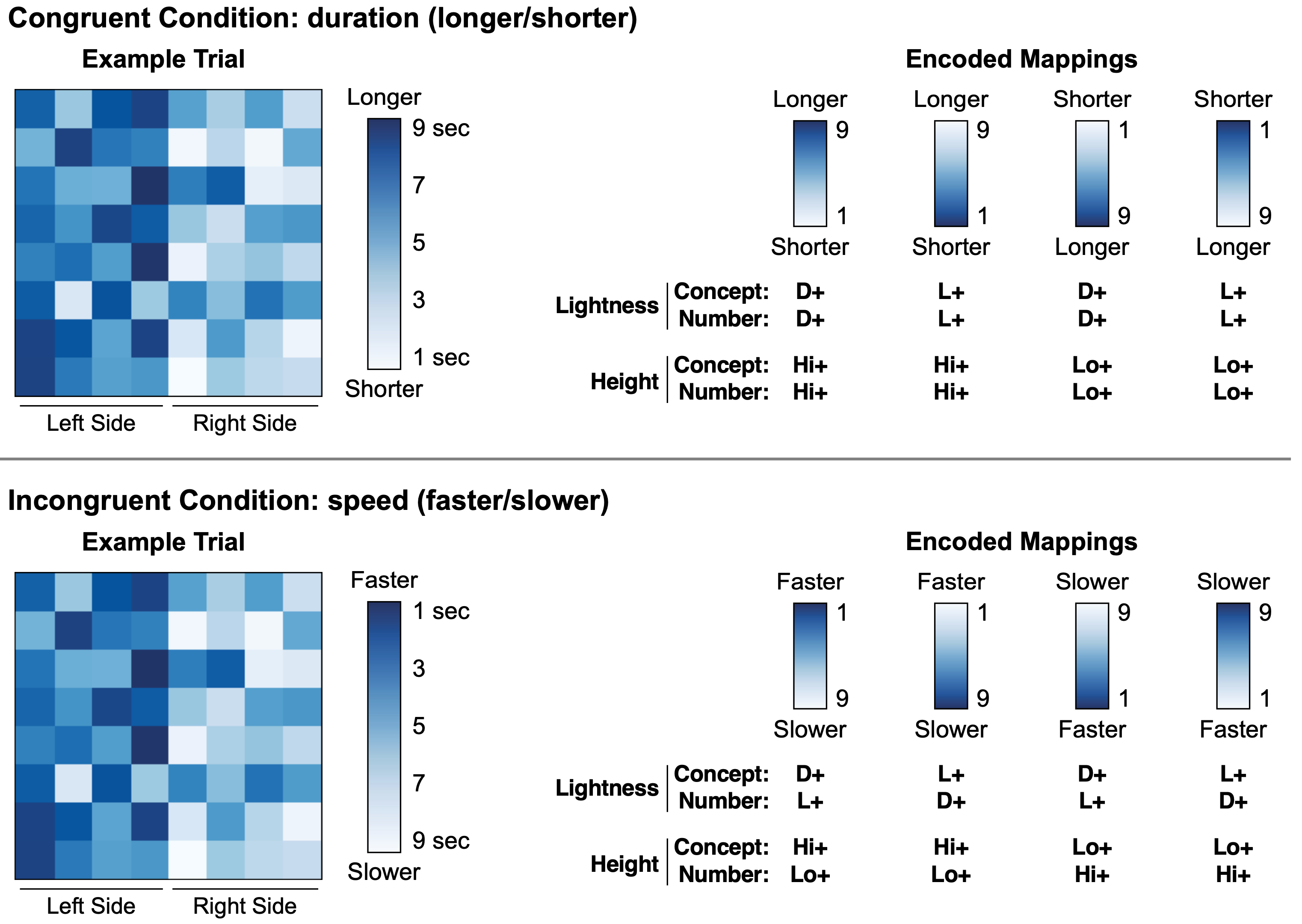
In visual communication, people glean insights about patterns of data by observing visual representations of datasets. Colormap data visualizations (“colormaps”) show patterns in datasets by mapping variations in color to variations in magnitude. When people interpret colormaps, they have expectations about how colors map to magnitude, and they are better at interpreting visualizations that align with those expectations. For example, they infer that darker colors map to larger quantities (dark-is-more bias) and colors that are higher on vertically oriented legends map to larger quantities (high-is-more bias). In previous studies, the notion of quantity was straightforward because more of the concept represented (conceptual magnitude) corresponded to larger numeric values (numeric magnitude). However, conceptual and numeric magnitude can conflict, such as using rank order to quantify health—smaller numbers correspond to greater health. Under conflicts, are inferred mappings formed based on the numeric level, the conceptual level, or a combination of both? We addressed this question across five experiments, spanning data domains: alien animals, antibiotic discovery, and public health. Across experiments, the high-is-more bias operated at the conceptual level: colormaps were easier to interpret when larger conceptual magnitude was represented higher on the legend, regardless of numeric magnitude. The dark-is-more bias tended to operate at the conceptual level, but numeric magnitude could interfere, or even dominate, if conceptual magnitude was less salient. These results elucidate factors influencing meanings inferred from visual features and emphasize the need to consider data meaning, not just numbers, when designing visualizations aimed to facilitate visual communication.
Reference: Soto, L., Schoenlein, M. A., & Schloss, K. B. (2023). More of what? Dissociating effects of conceptual and numeric mappings on interpreting colormap data visualizations. Cognitive Research: Principles and Implications, 8, 38, 1-17. PDF
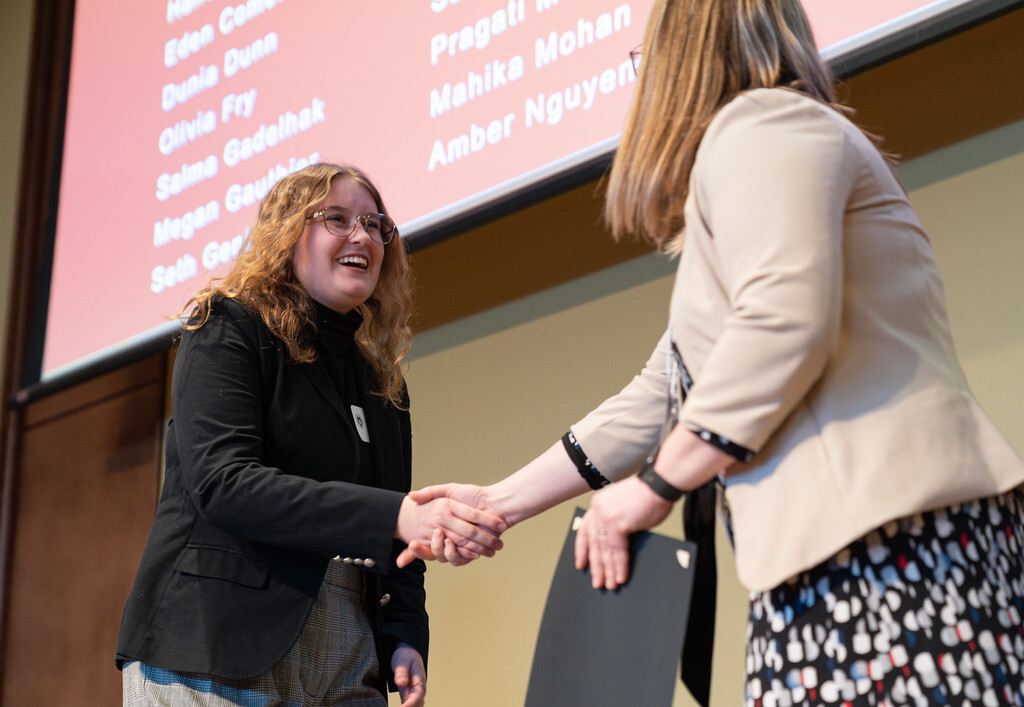 .
. 
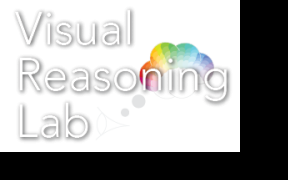

 PI Karen Schloss received the 2023 Department Teaching Award for important contributions in teaching from the UW-Madison Department of Psychology.
PI Karen Schloss received the 2023 Department Teaching Award for important contributions in teaching from the UW-Madison Department of Psychology.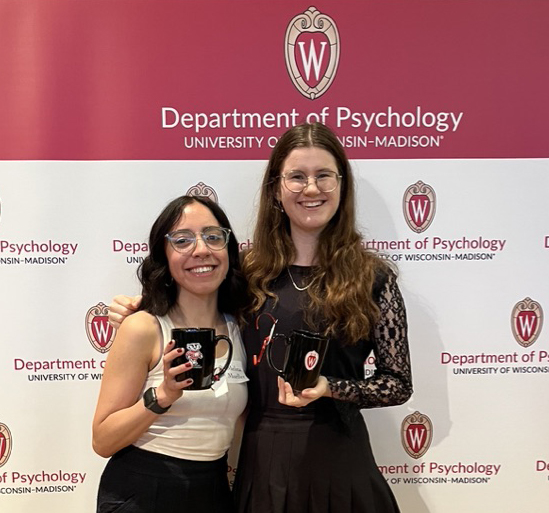 Congratulations to Zoe Howard and Melina Mueller for receiving an Outstanding Undergraduate Research Scholar (OURS) Award. This award recognizes outstanding undergraduate Psychology majors for their contribution to research in our department. We thank Zoe and Melina for their outstanding work in our lab!
Congratulations to Zoe Howard and Melina Mueller for receiving an Outstanding Undergraduate Research Scholar (OURS) Award. This award recognizes outstanding undergraduate Psychology majors for their contribution to research in our department. We thank Zoe and Melina for their outstanding work in our lab!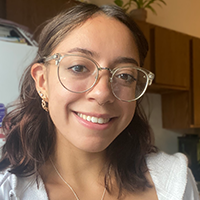 Congratulations to Melina Mueller for receiving a Hilldale Undergraduate/Faculty Research Fellowship, which provides research training and support for undergraduates to undertake their own research project in collaboration with UW–Madison faculty or research/instructional academic staff. This award will support Melina’s honors thesis project investigating the effects of verbal interference on color category extrapolation for learning novel color-concept associations (advised by PI Karen Schloss and graduate student Melissa Schoenlein).
Congratulations to Melina Mueller for receiving a Hilldale Undergraduate/Faculty Research Fellowship, which provides research training and support for undergraduates to undertake their own research project in collaboration with UW–Madison faculty or research/instructional academic staff. This award will support Melina’s honors thesis project investigating the effects of verbal interference on color category extrapolation for learning novel color-concept associations (advised by PI Karen Schloss and graduate student Melissa Schoenlein).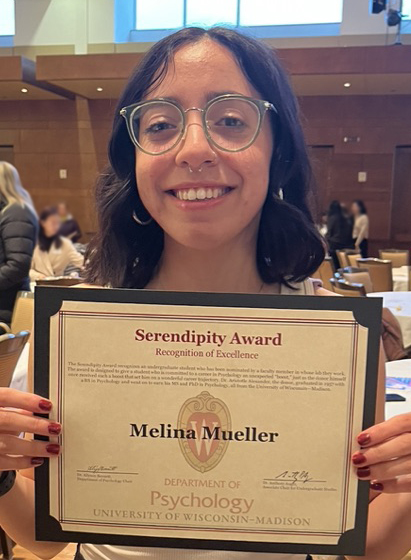 Congratulations to Melina Mueller for receiving the UW-Madison Department of Psychology Serendipity Award! The Serendipity Award, funded by Dr. Aris Alexander, recognizes an undergraduate student who has distinguished themselves through hard work, talent, and dedication, drawing the attention of a faculty member in whose lab they work. Thank you Melina for your strong work on research and service in our lab and beyond!
Congratulations to Melina Mueller for receiving the UW-Madison Department of Psychology Serendipity Award! The Serendipity Award, funded by Dr. Aris Alexander, recognizes an undergraduate student who has distinguished themselves through hard work, talent, and dedication, drawing the attention of a faculty member in whose lab they work. Thank you Melina for your strong work on research and service in our lab and beyond!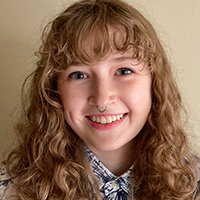 Clementine Zimnicki received a 2023 Elsevier/Vision Research Travel Award to present her work at the Annual Meeting of the Vision Sciences Society. Congratulations Clementine!
Clementine Zimnicki received a 2023 Elsevier/Vision Research Travel Award to present her work at the Annual Meeting of the Vision Sciences Society. Congratulations Clementine!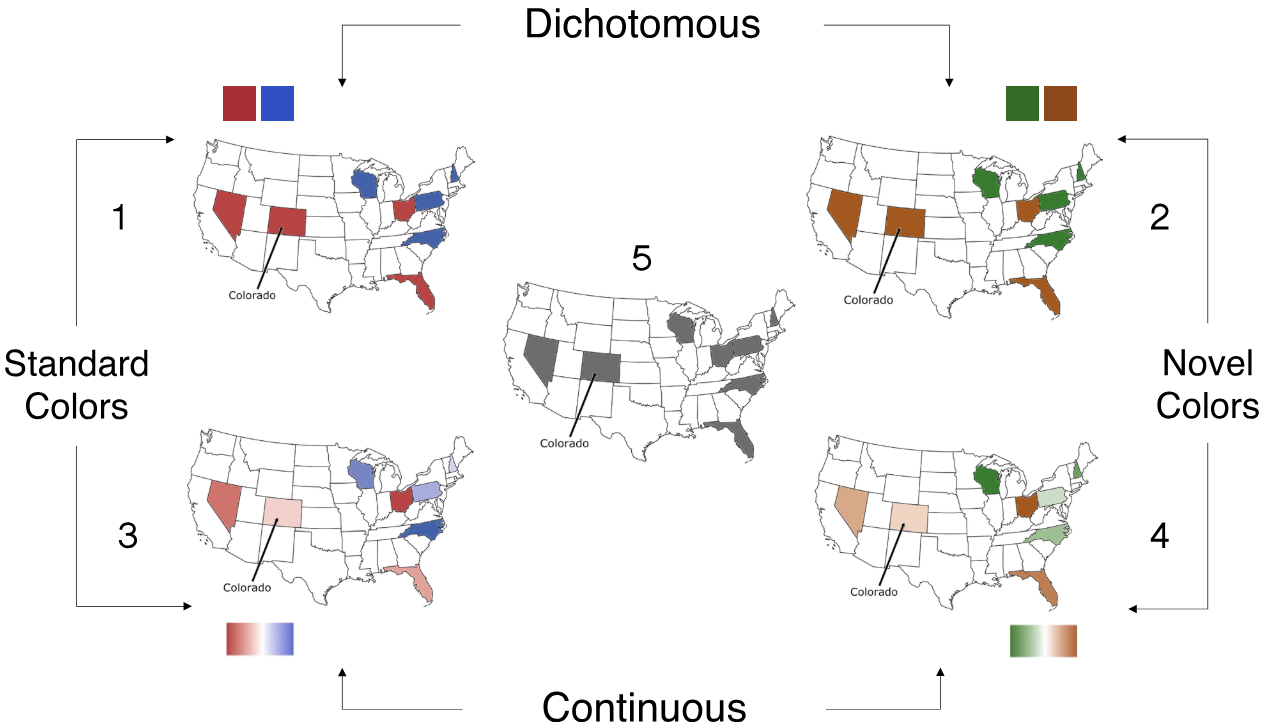 In the United States the color red has come to represent the Republican party, and blue the Democratic party, in maps of voting patterns. Here we test the hypothesis that voting maps dichotomized into red and blue states leads people to overestimate political polarization compared to maps in which states are represented with continuous gradations of color. We also tested whether any polarizing effect is due to partisan semantic associations with red and blue, or if alternative hues produce similar efects. In Study 1, participants estimated the hypothetical voting patterns of eight swing states on maps with dichotomous or continuous red/blue or orange/green color schemes. A continuous gradient mitigated the polarizing efects of red/blue maps on voting predictions. We also found that a novel hue pair, green/orange, decreased perceived polarization. Whether this efect was due to the novelty of the hues or the fact that the hues were not explicitly labeled “Democrat” and “Republican” was unclear. In Study 2, we explicitly assigned green/orange hues to the two parties. Participants viewed electoral maps depicting results from the 2020 presidential election and estimated the voting margins for a subset of states. We replicated the finding that continuous red/blue gradient reduced perceived polarization, but the novel hues did not reduce perceived polarization. Participants also expected their hypothetical vote to matter more when viewing maps with continuous color gradations. We conclude that the dichotomization of electoral maps (not the particular hues) increases perceived voting polarization and reduces a voter’s expected influence on election outcomes.
In the United States the color red has come to represent the Republican party, and blue the Democratic party, in maps of voting patterns. Here we test the hypothesis that voting maps dichotomized into red and blue states leads people to overestimate political polarization compared to maps in which states are represented with continuous gradations of color. We also tested whether any polarizing effect is due to partisan semantic associations with red and blue, or if alternative hues produce similar efects. In Study 1, participants estimated the hypothetical voting patterns of eight swing states on maps with dichotomous or continuous red/blue or orange/green color schemes. A continuous gradient mitigated the polarizing efects of red/blue maps on voting predictions. We also found that a novel hue pair, green/orange, decreased perceived polarization. Whether this efect was due to the novelty of the hues or the fact that the hues were not explicitly labeled “Democrat” and “Republican” was unclear. In Study 2, we explicitly assigned green/orange hues to the two parties. Participants viewed electoral maps depicting results from the 2020 presidential election and estimated the voting margins for a subset of states. We replicated the finding that continuous red/blue gradient reduced perceived polarization, but the novel hues did not reduce perceived polarization. Participants also expected their hypothetical vote to matter more when viewing maps with continuous color gradations. We conclude that the dichotomization of electoral maps (not the particular hues) increases perceived voting polarization and reduces a voter’s expected influence on election outcomes.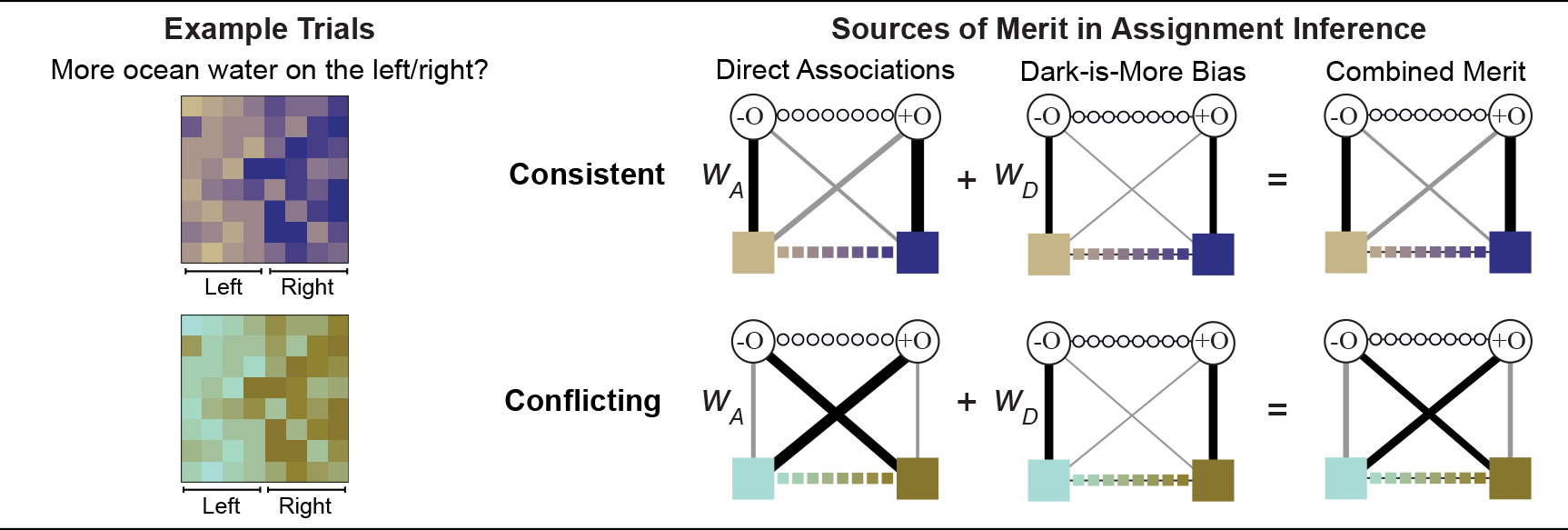 People have expectations about how colors map to concepts in visualizations, and they are better at interpreting visualizations that match their expectations. Traditionally, studies on these expectations (inferred mappings) distinguished distinct factors relevant for visualizations of categorical vs. continuous information. Studies on categorical information focused on direct associations (e.g., mangos are associated with yellows) whereas studies on continuous information focused on relational associations (e.g., darker colors map to larger quantities; dark-is-more bias). We unite these two areas within a single framework of assignment inference. Assignment inference is the process by which people infer mappings between perceptual features and concepts represented in encoding systems. Observers infer globally optimal assignments by maximizing the “merit,” or “goodness,” of each possible assignment. Previous work on assignment inference focused on visualizations of categorical information. We extend this approach to visualizations of continuous data by (a) broadening the notion of merit to include relational associations and (b) developing a method for combining multiple (sometimes conflicting) sources of merit to predict people’s inferred mappings. We developed and tested our model on data from experiments in which participants interpreted colormap data visualizations, representing fictitious data about environmental concepts (sunshine, shade, wild fire, ocean water, glacial ice). We found both direct and relational associations contribute independently to inferred mappings. These results can be used to optimize visualization design to facilitate visual communication
People have expectations about how colors map to concepts in visualizations, and they are better at interpreting visualizations that match their expectations. Traditionally, studies on these expectations (inferred mappings) distinguished distinct factors relevant for visualizations of categorical vs. continuous information. Studies on categorical information focused on direct associations (e.g., mangos are associated with yellows) whereas studies on continuous information focused on relational associations (e.g., darker colors map to larger quantities; dark-is-more bias). We unite these two areas within a single framework of assignment inference. Assignment inference is the process by which people infer mappings between perceptual features and concepts represented in encoding systems. Observers infer globally optimal assignments by maximizing the “merit,” or “goodness,” of each possible assignment. Previous work on assignment inference focused on visualizations of categorical information. We extend this approach to visualizations of continuous data by (a) broadening the notion of merit to include relational associations and (b) developing a method for combining multiple (sometimes conflicting) sources of merit to predict people’s inferred mappings. We developed and tested our model on data from experiments in which participants interpreted colormap data visualizations, representing fictitious data about environmental concepts (sunshine, shade, wild fire, ocean water, glacial ice). We found both direct and relational associations contribute independently to inferred mappings. These results can be used to optimize visualization design to facilitate visual communication